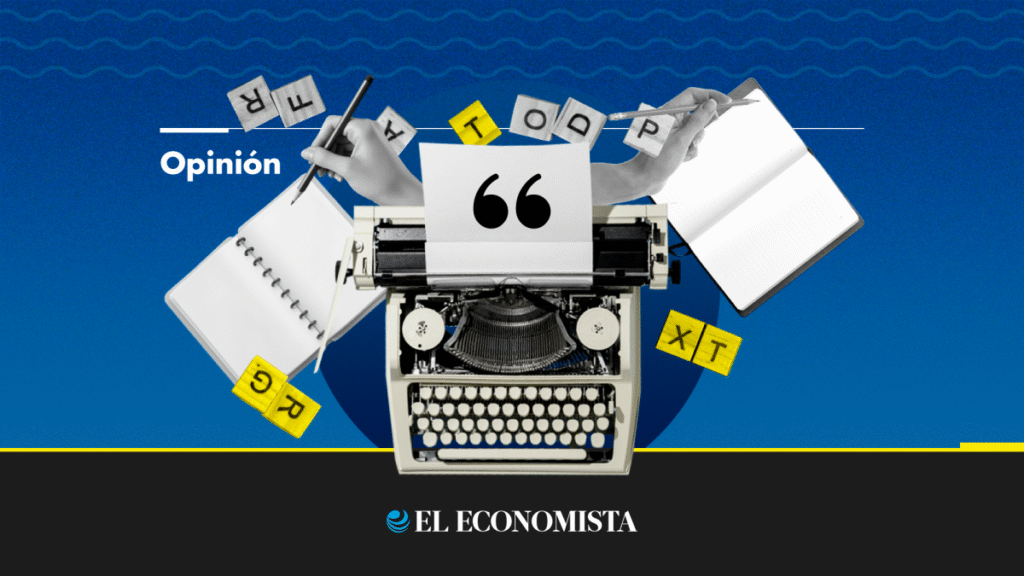Historical Context of Electoral Reforms in Mexico
For over 70 years, Mexico was governed by a single-party dominant regime through the Institutional Revolutionary Party (PRI). However, in 1963, an electoral reform was promoted to open space for political party representation. This led to the introduction of “party deputies,” allowing some leaders, who may not have won an electoral district, to enter the Chamber of Deputies if their national political party secured at least 2.5% of the total votes.
The Impact of Early Electoral Reforms
This reform, despite the dominant party’s control over public resources and security apparatus which sometimes suppressed political opposition, enabled a segment of society to participate politically. In 1972, another reform reduced the threshold for party deputies from 2.5% to 1.5%. Yet, access for the opposition remained challenging due to prevailing conditions.
Further Reforms and Their Consequences
In 1977, a reform elected 300 deputies through the majority principle and up to 100 through proportional representation via regional lists. This system was mandatory for federal entities, thus establishing proportional representation at the state or regional level.
Although this reform enhanced minority representation, the dominant party still held significant power, such as in the formation of the Electoral College, which qualified elections and was largely composed of members from the dominant party.
Recent Developments and Calls for Reform
In 1986, another reform increased proportional representation deputies to 200 while maintaining 300 majority deputies. This reform extended proportional representation to all political parties, not just minorities, but capped the total number a party could attain through both principles at 350.
Between 1990 and 1994, significant reforms were implemented, broadly shaping the current electoral institutional and normative framework. These included expanding plural representation in the Senate, creating an autonomous electoral body, and establishing a Federal Electoral Tribunal with a legal system for appeals.
The electoral system was designed to address the shortcomings of a single-party dominant regime that no longer reflected Mexico’s increasingly pluralistic political society aspiring for a democratic regime.
The Ongoing Need for Democratic Formation
Regrettably, there’s a need to continue fostering democratic individuals. A genuine democracy requires not just democratic advocates in word but also in deed, unlike those who exhibit priista tendencies when in power (as Carlos Castillo Peraza once noted).
Currently, discussions are underway for another electoral reform, targeting proportional representation deputies, partisan prerogatives, and other factors that do not support pluralistic representation reflective of societal reality.
The Importance of Protecting Minority Participation
It’s crucial to recognize that certain reforms should not be subject to the majority’s discretion, as they risk extinguishing minority participation, which is both anti-democratic and unconstitutional.
The existing electoral system is not a recent creation but the culmination of the democratic opposition’s efforts to open political participation spaces for all political parties and citizens.






